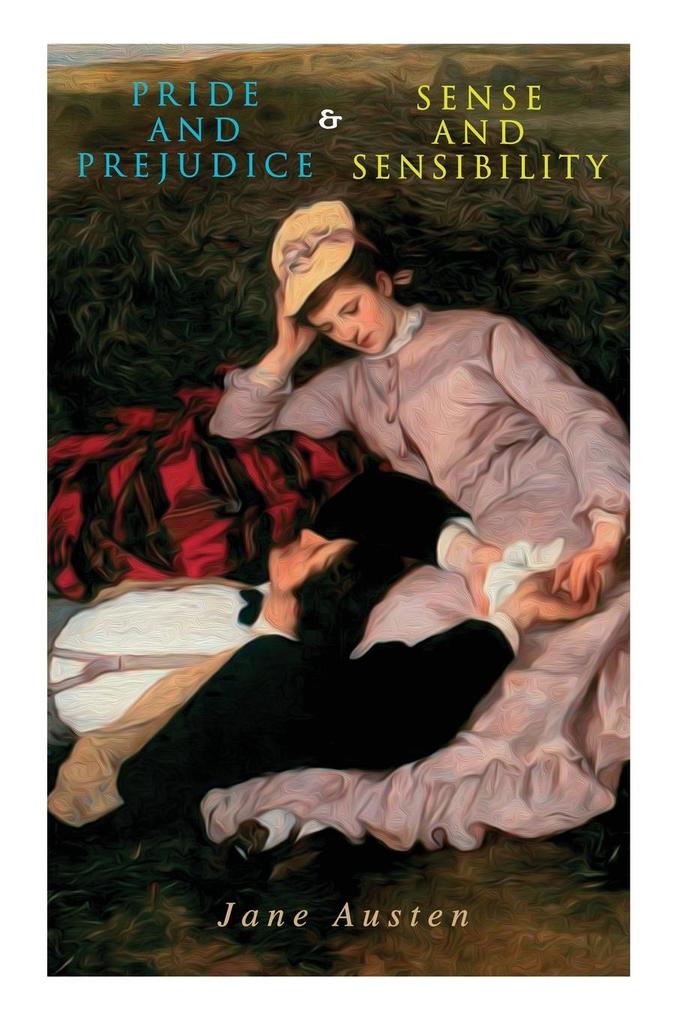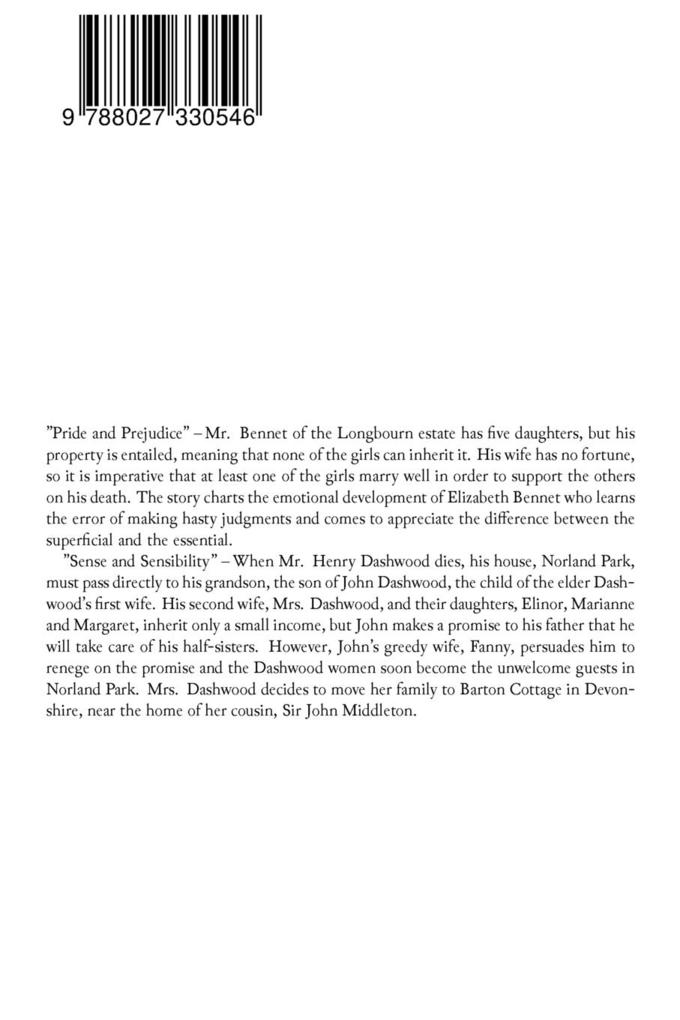In her seminal works, 'Pride and Prejudice' and 'Sense and Sensibility, ' Jane Austen masterfully combines keen social observation with wit and irony to explore themes of love, class, and morality. Both novels are set against the backdrop of early 19th-century England, illustrating the constraints and expectations placed upon women of the gentry. Austen's unique narrative style, characterized by free indirect discourse, allows readers to engage intimately with her characters' thoughts and emotions, enriching the exploration of complex relationships and societal norms. The juxtaposition of rationality and emotion in 'Sense and Sensibility' complements the spirited exchanges and moral growth found in 'Pride and Prejudice, ' providing a nuanced commentary on human behavior and societal expectations. Jane Austen, born into a close-knit family in Hampshire, demonstrated a remarkable affinity for literature from a young age. Her experiences within the social structures of her time, as well as her astute observations of the marriage market and women's roles, heavily influenced her writing. Austen's keen understanding of human behavior and her sharp societal critiques allow her novels to resonate across generations, reflecting the timeless intricacies of personal relationships and societal pressures. For readers seeking a rich exploration of character and commentary on social mores, 'Pride and Prejudice' and 'Sense and Sensibility' are essential texts that provide not only entertainment but also critical insights into the dynamics of their era. Austen's expertly crafted prose invites readers into a world where love, sense, and sensibility intertwine, making these novels indispensable in the canon of English literature.











